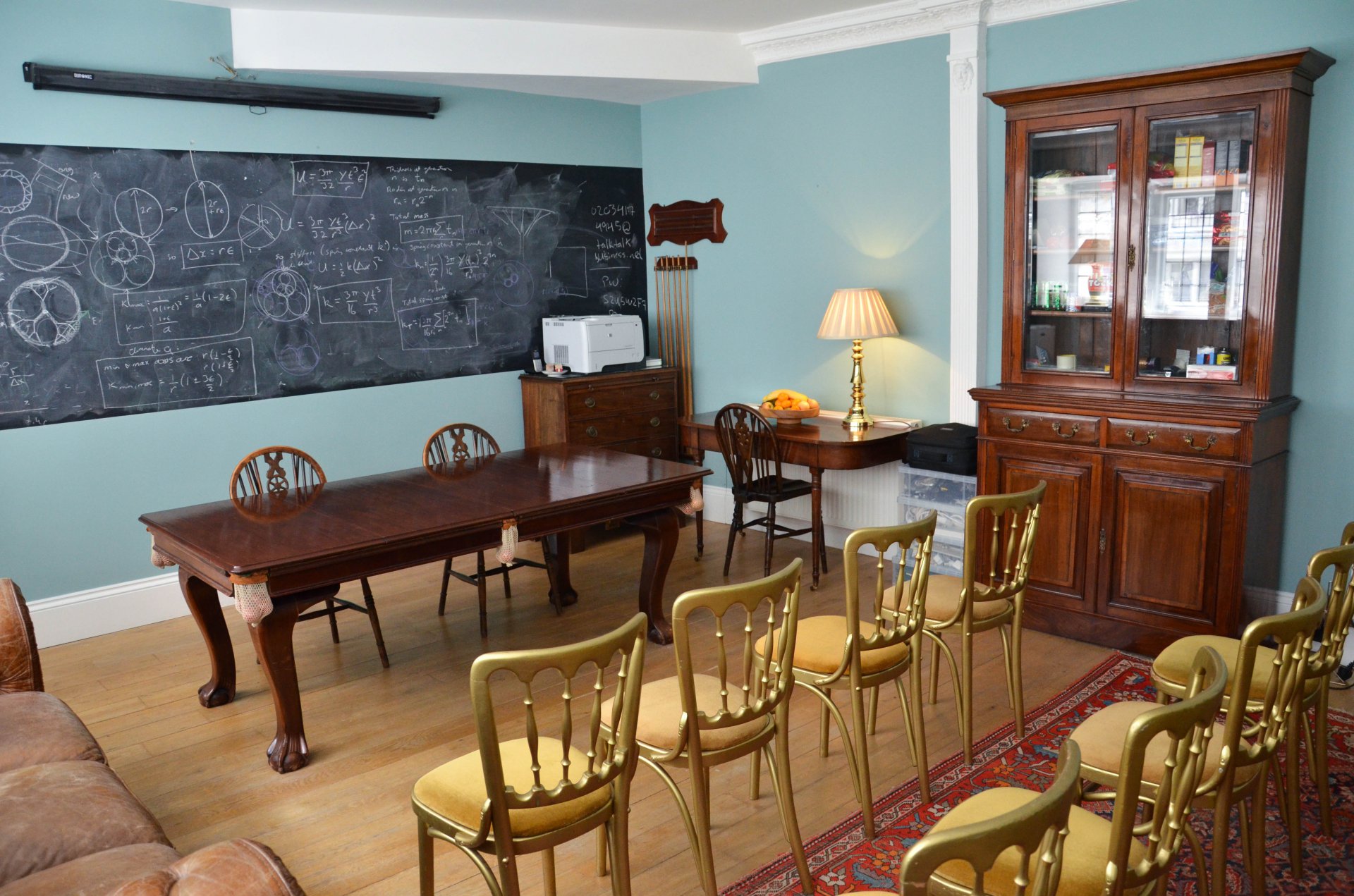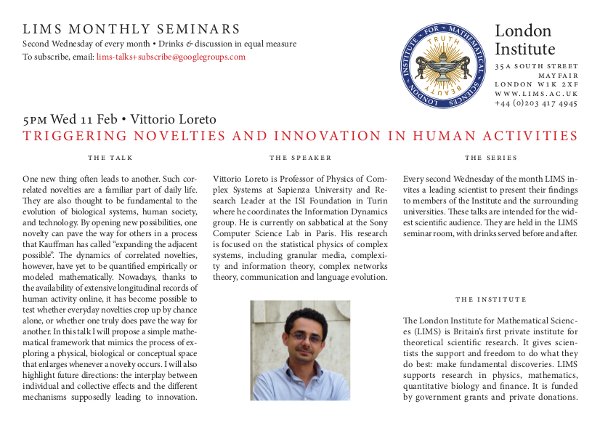
LIMS monthly seminars
Event Category:
The talk
One new thing often leads to another. Such correlated novelties are a familiar part of daily life. They are also thought to be fundamental to the evolution of biological systems, human society, and technology. By opening new possibilities, one novelty can pave the way for others in a process that Kauffman has called “expanding the adjacent possible”. The dynamics of correlated novelties, however, have yet to be quantified empirically or modeled mathematically. Nowadays, thanks to the availability of extensive longitudinal records of human activity online, it has become possible to test whether everyday novelties crop up by chance alone, or whether one truly does pave the way for another. In this talk I will propose a simple mathematical
framework that mimics the process of exploring a physical, biological or conceptual space that enlarges whenever a novelty occurs. I will also highlight future directions: the interplay between
individual and collective effects and the different mechanisms supposedly leading to innovation. the series
Every second Wednesday of the month LIMS invites a leading scientist to present their findings to members of the Institute and the surrounding universities. These talks are intended for the widest scientific audience. They are held in the LIMS seminar room, with drinks served before and after.
The speaker
Vittorio Loreto is Professor of Physics of Complex Systems at Sapienza University and Research Leader at the ISI Foundation in Turin where he coordinates the Information Dynamics
group. He is currently on sabbatical at the Sony Computer Science Lab in Paris. His research is focused on the statistical physics of complex systems, including granular media, complexity and information theory, complex networks theory, communication and language evolution.
The series
Every second Wednesday of the month LIMS invites a leading scientist to present their findings to members of the Institute and the surrounding universities. These talks are intended for the widest scientific audience. They are held in the LIMS seminar room, with drinks served before and after.
The institute
The London Institute for Mathematical Sciences (LIMS) is Britain’s first private institute for theoretical scientific research. It gives scientists the support and freedom to do what they do best: make fundamental discoveries. LIMS supports research in physics, mathematics, quantitative biology and finance. It is funded by government grants and private donations.


 CONNECT
CONNECT

